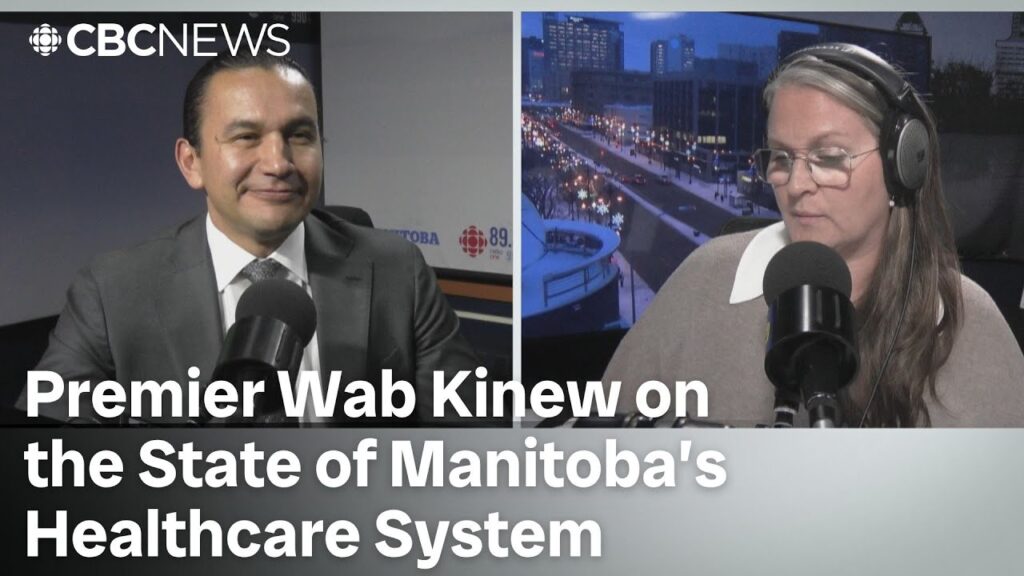
Introduction
Wab Kinew, the leader of the Manitoba NDP, has garnered significant attention as a pivotal figure in Canadian politics. His ascent to leadership not only represents a shift in the political landscape but also marks a historic moment as Kinew is the first Indigenous leader of a major political party in Manitoba. As Canada continues to address reconciliation and Indigenous issues, Kinew’s presence in politics is more relevant than ever.
Recent Developments
This year, Wab Kinew led the Manitoba NDP in the provincial election, aiming to topple the Conservative government. Campaigning on a platform that emphasizes healthcare, education, and social justice, Kinew has rallied a diverse group of supporters. His unique background as a member of the Anishinaabe nation, a former journalist, and an advocate for Indigenous rights has resonated with many voters.
In recent debates, Kinew has been vocal about issues affecting Indigenous communities, advocating for better funding for education and healthcare services. His commitment to these issues has not gone unnoticed; polls indicate that Kinew’s popularity is rising, particularly among younger voters and urban residents.
Implications for Canadian Politics
Kinew’s leadership is seen as a crucial step towards inclusivity in Canadian politics. His election would not only represent a significant milestone for representation of Indigenous peoples in government but also serves as a symbol of hope for many Canadians looking for change. Observers are noting that Kinew’s approach could pave the way for more Indigenous candidates in future elections, potentially reshaping the political scene across Canada.
Conclusion
The significance of Wab Kinew’s role in Manitoba politics cannot be overstated. As the political climate in Canada evolves, leaders like Kinew are instrumental in fostering dialogue about equity and representation. Should he secure victory, it would signal a new era in Manitoba governance and offer a powerful message of resilience and empowerment to Indigenous peoples. Current forecasts suggest that he could become a key player not only regionally but also on the national stage, making his future movements worthy of close attention.



